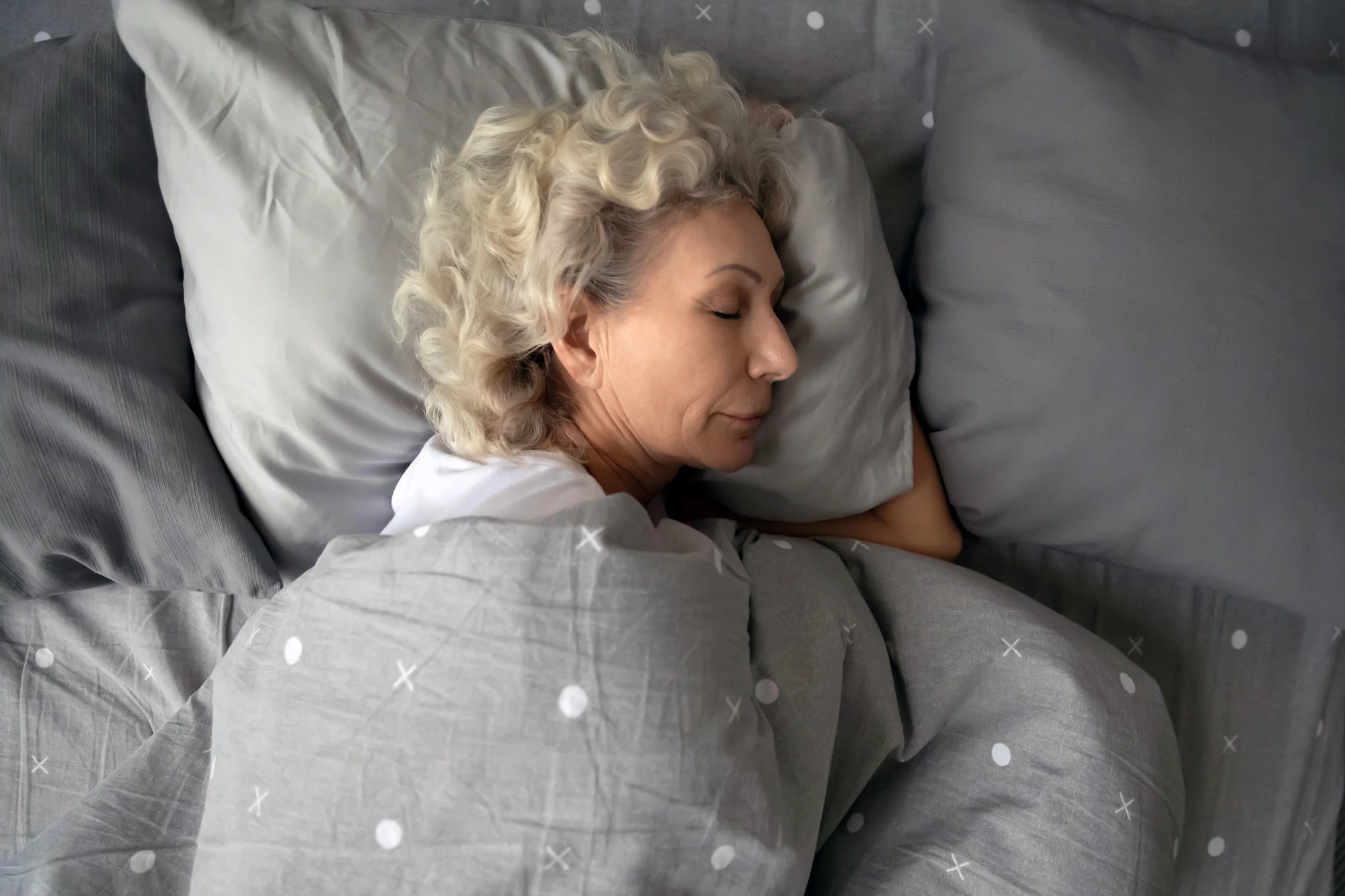Declining brain function is a natural part of the aging process, but that doesn’t mean it can’t be delayed. A new study has found that physical activity can boost brain function for up to 24 hours and, independent of exercise, so can a good night’s sleep.
Age-related cognitive decline affects older adults’ well-being, quality of life, and independence. While it may be part of the natural aging process, there are methods of delaying this decline. Exercise is one. Previous studies have found that physical activity is a protective factor for cognitive function.
Now, a new study by researchers from the University College London (UCL) and the University of Oxford in the UK has examined how long the brain-boosting benefits of exercise last in older adults.
“Among older adults, maintaining cognitive function is important for good quality of life, well-being, and independence,” said study co-author Andrew Steptoe from UCL’s Department of Epidemiology and Health Care. “It’s therefore helpful to identify factors that can affect cognitive health on a day-to-day basis.”
A sample of 76 UK adults aged 50 to 83 – mean age 64.6; 60.5% women – wore a waterproof accelerometer on their dominant wrist 24 hours a day for eight consecutive days. Data on physical activity and sedentary behavior were collected and categorized as moderate-to-vigorous physical activity, light physical activity, sedentary behavior. Sleep duration and quality was also assessed. To evaluate the day-to-day associations of movement with cognitive health and mental well-being, participants took daily tests to measure cognition across five domains, including memory (episodic and working memory), executive function, and processing speed.
“Moderate or vigorous activity means anything that gets your heart rate up – this could be brisk walking, dancing or walking up a few flights of stairs,” explained the study’s lead and corresponding author, Dr Mikaela Bloomberg, also from UCL’s Department of Epidemiology and Health Care. “It doesn’t have to be structured exercise.”

Doing more moderate-to-vigorous physical activity was associated with better episodic and working memory up to 24 hours later, while more sedentary behavior was associated with reduced working memory. Working memory relates to our ability to hold information temporarily; it’s important for reasoning and guides behavior and decision-making. Episodic memory enables the recall and re-experiencing of personal experiences or events, including when and where they occurred. These results didn’t change substantively after accounting for sleep characteristics the night before.
Interestingly, the researchers found that independently of previous-day moderate-to-vigorous physical activity, longer overall sleep duration the previous night was associated with better episodic memory and psychomotor speed (the time it takes to process new information, make sense of it and respond physically). Getting more rapid eye movement (REM) sleep – the stage of sleep in which dreaming occurs – was associated with better attention, and more deep, restorative sleep was associated with better next-day episodic memory.
“Our findings suggest that the short-term memory benefits of physical exercise may last longer than previously thought, possibly to the next day instead of just the few hours after exercise,” Bloomberg said. “Getting more sleep, particularly deep sleep, seems to add to this memory improvement.”
“However, we can’t establish from this study whether these short-term boosts to cognitive performance contribute to longer-term cognitive health, and though there is plenty of evidence to suggest physical activity might slow cognitive decline and reduce dementia risk, it’s still a matter of some debate,” added Steptoe.
As Steptoe pointed out, a limitation of the study was that it was unable to examine longer-term changes in cognitive function. Another was that participants were already highly active and cognitively healthy, so the results might not be generalizable to populations with cognitive disorders.
The study was published in the International Journal of Behavioral Nutrition and Physical Activity.
Source: UCL






